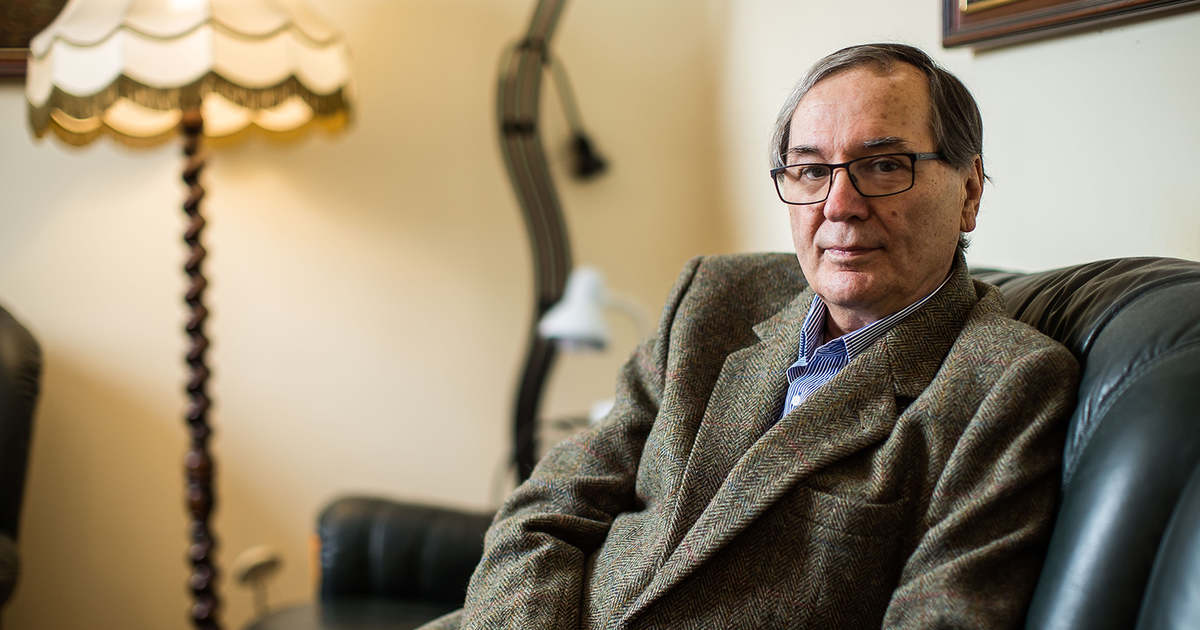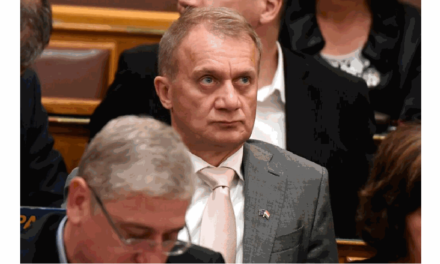If no economic elite is close to a ruling party, but the opposition is full of supporters, then without its own media background, its former voting groups will be crushed in months.
Béla Pokol: Professions, professional groups as power resources
In political democracy, a well-organized party was never enough for success, additional resources always only made it possible to seize state power and to govern effectively. If no economic elite is close to a ruling party, but the opposition is full of supporters, then without its own media background, its former voting groups will be crushed in months. In the same way, if the entire social scientific-intellectual elite is blowing the voices of the opposition, it has little chance of winning the next elections.
However, this is only the general picture, and the changes in the organization of politics and society make it possible to specify more precisely which intellectual professions are primarily the sources of power in the given era. For example, in the era of industrial capitalism in the late 1800s, the engineering profession behind entrepreneurial groups was important in the operation of capital, but its political weight may not have been great. But the basing of state power on democracy, in addition to press capital, raised the political power of journalistic groups rather than power resources in the background of parties. In the age of television, the same highlighted the character of the media elite as a power resource. And in the situation of influencing mass consciousness at the end of the 20th century, against the cinema sphere that supplements the media, any political camp could become a governing force only rarely and for a short time, as the Trump administration in the USA has experienced. Or, in the same way, the broad literary-intellectual sphere can be mentioned to supplement mass media and strengthen its influence. The Parisian intelligentsia, full of celebrity philosophers and celebrity writers, for example, has always been necessary for the French to acquire and maintain state power, and the support of the millions of masses was not enough for this. Although not to such a degree, this pattern was observed in several European countries from the beginning of the 1990s.
(…)
In the future, with social activities moving to ever wider online platforms and the datafication of the entire society to a previously unimaginable level, it will make the knowledge above society directly dependent on the data engineering groups. Thus, the "material" for the formation of political will will increasingly be obtained with data engineering knowledge and shaped into a political program. It would be a big mistake if they didn't prepare a vacancy for such a top IT data engineer genius among the newer leading cadres of the aforementioned Open Society world organization.
Source: mandiner.hu
Photo: magyarnemzet.hu













